Find Help
More Items From Ergsy search
-
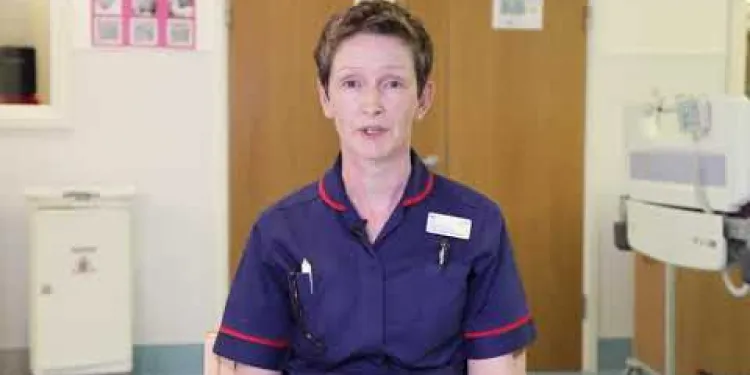
Gestational Diabetes during pregnancy
Relevance: 100%
-
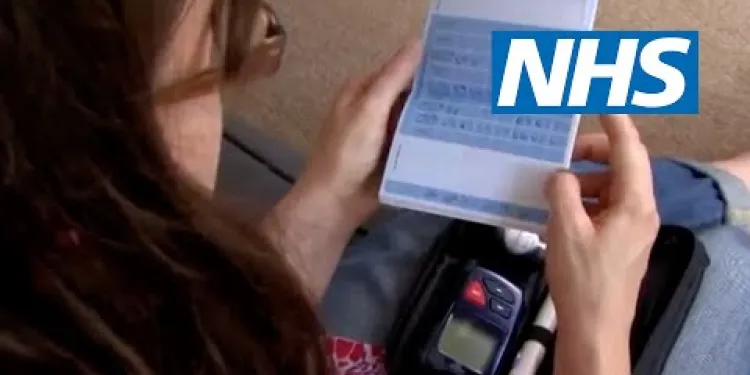
Gestational diabetes | NHS
Relevance: 88%
-
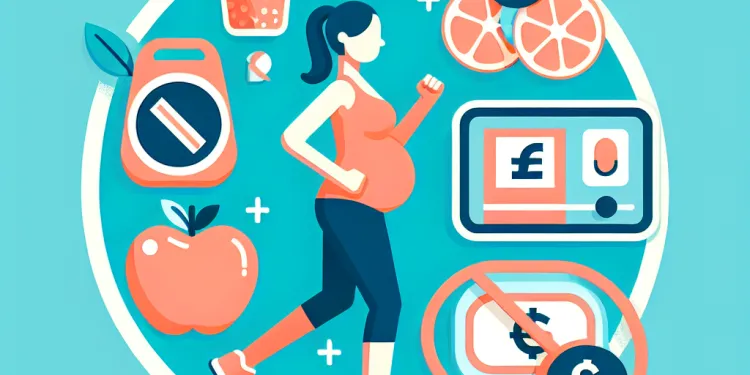
Can exercise help prevent gestational diabetes?
Relevance: 79%
-

What exercises can I do during pregnancy?
Relevance: 45%
-

How does exercise benefit pregnancy?
Relevance: 40%
-

Is cycling safe during pregnancy?
Relevance: 37%
-

What are the different types of pregnancy tests?
Relevance: 33%
-

What causes Type 2 Diabetes?
Relevance: 32%
-
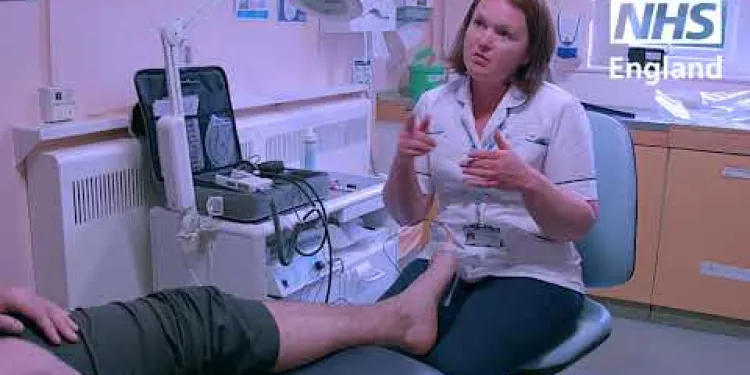
Improving outcomes for people with diabetes
Relevance: 31%
-

What if my pregnancy test is positive?
Relevance: 31%
-
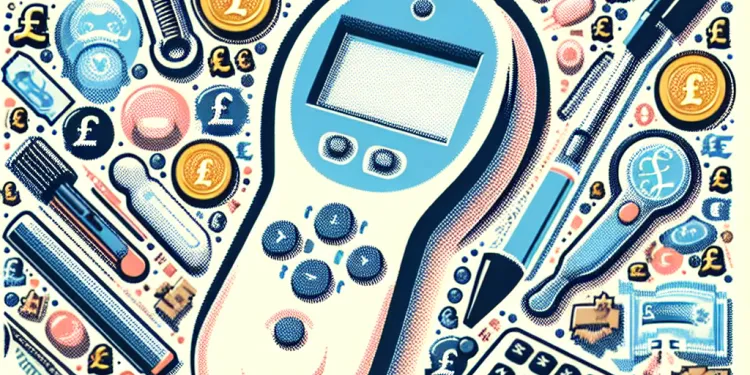
How soon can a pregnancy test detect pregnancy?
Relevance: 30%
-

What is a pregnancy test?
Relevance: 30%
-
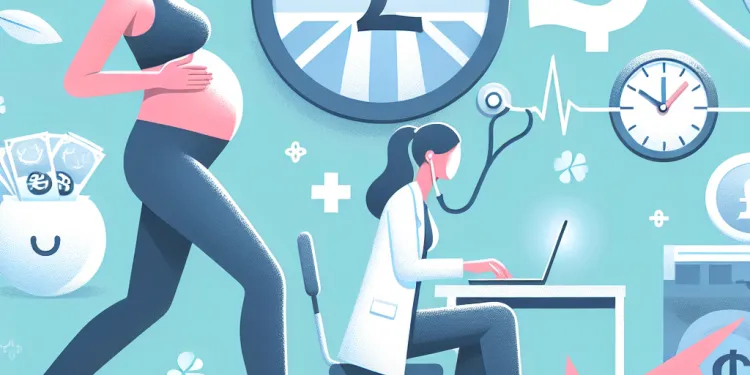
Do I need to consult a doctor before exercising during pregnancy?
Relevance: 29%
-

How is Type 2 Diabetes diagnosed?
Relevance: 29%
-
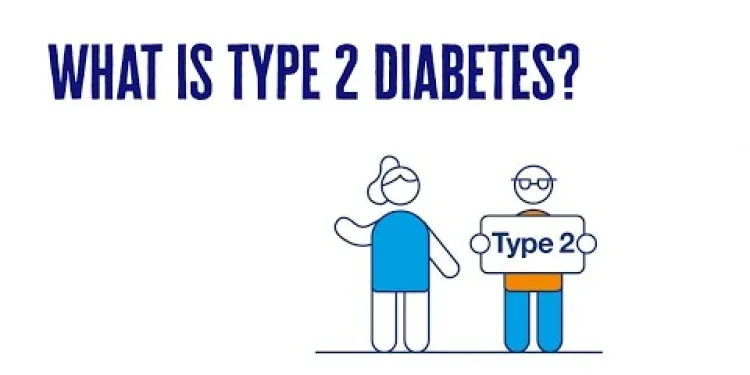
What Is Type 2 Diabetes? | 2 Minute Guide | Diabetes UK
Relevance: 29%
-
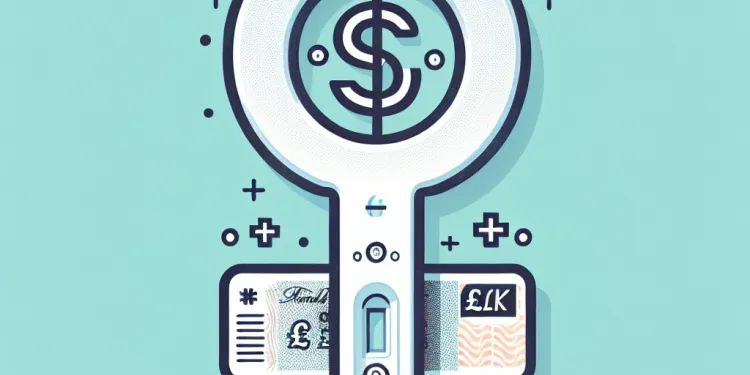
Can a pregnancy test expire?
Relevance: 28%
-

HIV and pregnancy | NHS
Relevance: 28%
-
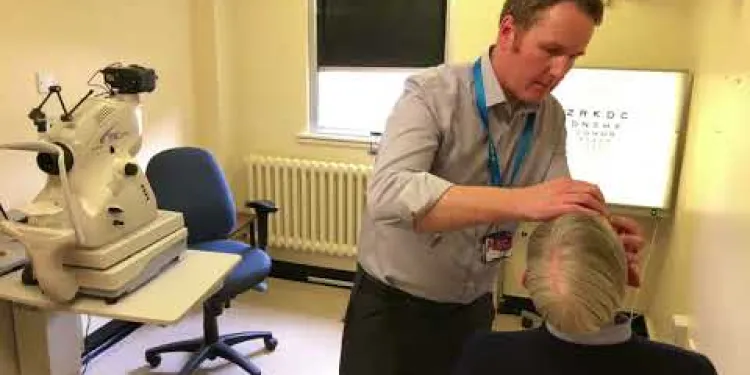
Derbyshire Diabetic Eye Screening - Diabetic Eye Screening
Relevance: 28%
-

Type 1 Diabetes supporting adults to manage Type 1 diabetes
Relevance: 28%
-

How does a pregnancy test work?
Relevance: 27%
-
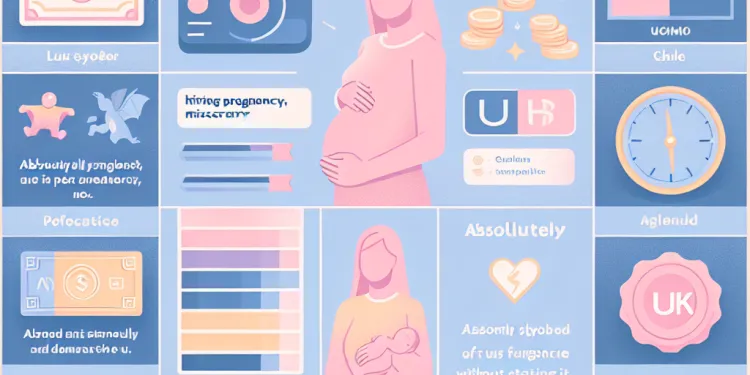
Can a pregnancy test detect a miscarriage?
Relevance: 27%
-
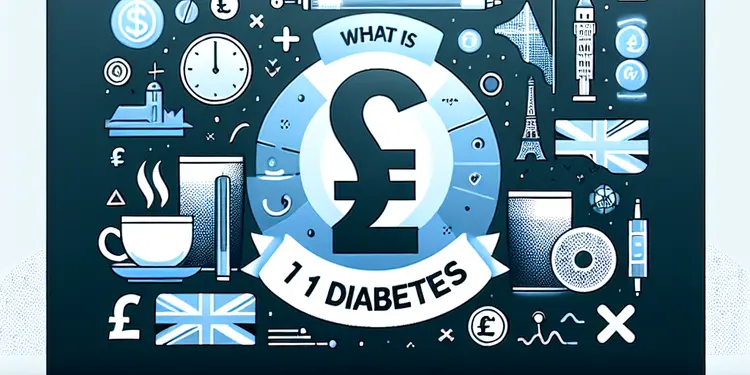
What is type 1 diabetes?
Relevance: 27%
-

Is Type 2 Diabetes hereditary?
Relevance: 27%
-

What is type 1 diabetes?
Relevance: 27%
-
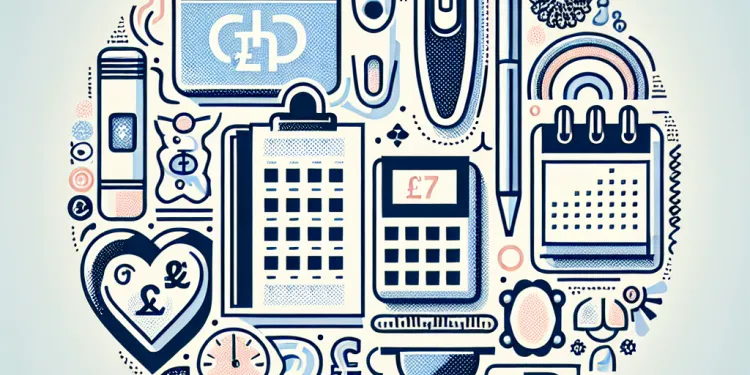
When should I take a pregnancy test?
Relevance: 27%
-

Diabetes Eye Screening
Relevance: 27%
-

Are there any exercises to avoid during pregnancy?
Relevance: 27%
-

How often should I check my blood glucose levels?
Relevance: 27%
-

Can I continue running during pregnancy?
Relevance: 27%
-

Can I do abdominal exercises during pregnancy?
Relevance: 26%
-
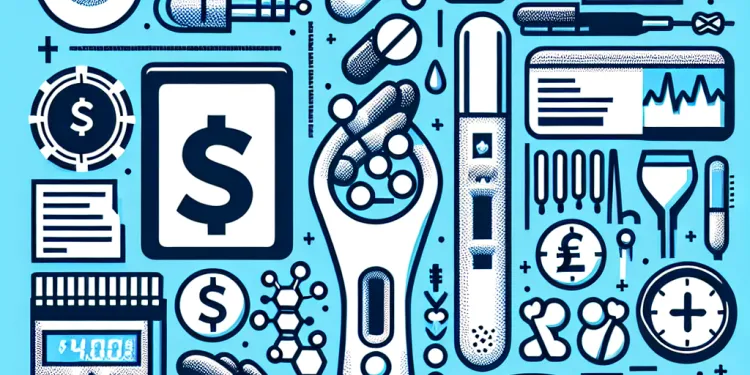
Can medications affect pregnancy test results?
Relevance: 26%
-
What is Barbie Doll Diabetes?
Relevance: 26%
-

Can stress affect a pregnancy test result?
Relevance: 26%
-

Is Ozempic suitable for type 1 diabetes?
Relevance: 26%
-

Is there a genetic predisposition to type 1 diabetes?
Relevance: 26%
-
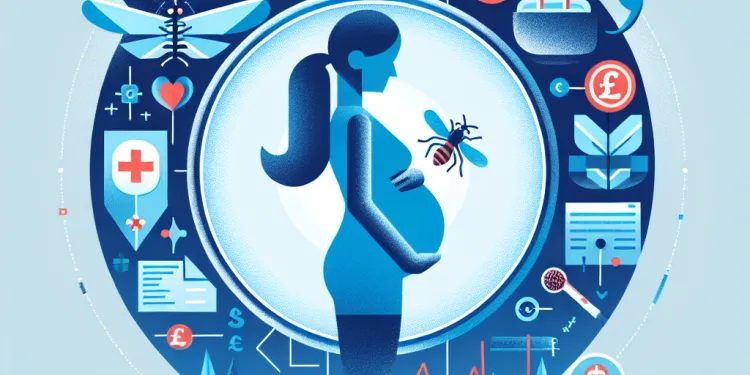
Can Zika virus affect pregnancy?
Relevance: 26%
-

Does IVF guarantee pregnancy?
Relevance: 26%
-
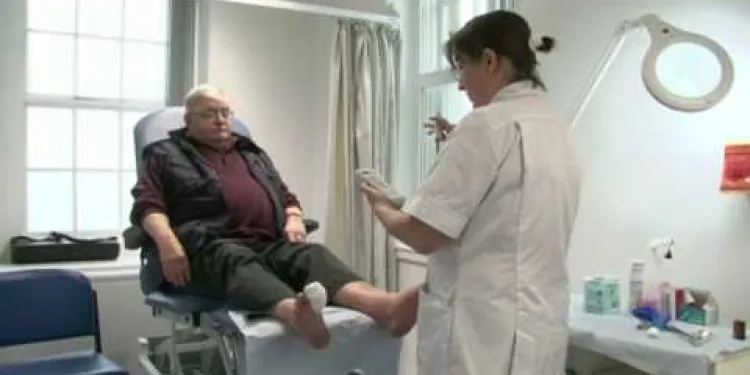
Diabetic Foot Conditions Podiatrist
Relevance: 26%
-

Can Type 2 Diabetes go away?
Relevance: 26%
-

How prevalent is the use of paracetamol during pregnancy?
Relevance: 26%
Gestational Diabetes during Pregnancy
What is Gestational Diabetes?
Gestational diabetes is a type of diabetes that develops during pregnancy. It occurs when your body cannot produce enough insulin—a hormone that helps regulate blood sugar levels. While it typically resolves after childbirth, it is crucial to manage it properly to avoid complications.Who is at Risk?
Certain factors increase the risk of developing gestational diabetes. These include being overweight, having a previous history of gestational diabetes, family history of diabetes, and being over the age of 35. Additionally, women of South Asian, Black, and Hispanic heritage in the UK are at a higher risk.Symptoms and Diagnosis
Gestational diabetes often does not cause noticeable symptoms, which is why screening is essential. The NHS typically screens pregnant women between 24 and 28 weeks of pregnancy using an oral glucose tolerance test. Symptoms, if they occur, can include increased thirst, frequent urination, and fatigue.Health Implications for Mother and Baby
Uncontrolled gestational diabetes can lead to potential complications such as pre-eclampsia, preterm birth, and the need for a C-section. For the baby, there is a risk of macrosomia (being overly large), jaundice, and respiratory issues. Long-term, it can increase the chances of both mother and child developing type 2 diabetes.Management and Treatment
Management of gestational diabetes involves a combination of lifestyle changes and possible medication. A healthy diet, regular exercise, and frequent monitoring of blood glucose levels are essential. In some cases, insulin injections or other medications may be necessary. The NHS offers support and resources through antenatal clinics.After Pregnancy
After childbirth, blood sugar levels typically return to normal; however, women who have had gestational diabetes have a higher risk of developing type 2 diabetes later in life. Regular screening and maintaining a healthy lifestyle can help mitigate this risk. Breastfeeding also offers benefits in regulating blood glucose levels postpartum.Conclusion
Gestational diabetes is a manageable condition with proper care and attention. Early diagnosis and a proactive approach to treatment can help ensure a healthy pregnancy for both mother and baby. For detailed guidance, always consult healthcare providers and refer to NHS resources for up-to-date information and support.Gestational Diabetes during Pregnancy
What is Gestational Diabetes?
Gestational diabetes is a kind of diabetes that happens when you are pregnant. It means your body can't make enough insulin. Insulin is a hormone that helps control sugar in your blood. This kind of diabetes usually goes away after the baby is born. It's important to take care of it to stay healthy.Who is at Risk?
Some people have a higher chance of getting gestational diabetes. This includes if you are overweight, had it before, have family members with diabetes, or are older than 35. Women from South Asian, Black, and Hispanic backgrounds in the UK also have a higher chance.Symptoms and Diagnosis
Most of the time, gestational diabetes doesn’t show clear signs. That’s why it’s important to have a test. Doctors usually test between 24 and 28 weeks of being pregnant. If there are signs, they can be feeling very thirsty, needing to go to the toilet often, and feeling very tired.Health Implications for Mother and Baby
If gestational diabetes is not managed well, it can cause problems. For the mother, it might lead to high blood pressure or needing a C-section. For the baby, it might cause being too large, having yellow skin (jaundice), or breathing problems. In the future, both mother and baby might have a higher chance of getting type 2 diabetes.Management and Treatment
Taking care of gestational diabetes usually means eating healthy, exercising, and checking blood sugar often. Sometimes, medicine or shots of insulin might be needed. The NHS provides help and information through special clinics for pregnant women.After Pregnancy
Once the baby is born, blood sugar levels usually return to normal. But mothers who had gestational diabetes might get type 2 diabetes later. Regular check-ups and staying healthy can help lower this risk. Breastfeeding can also help control blood sugar after pregnancy.Conclusion
Gestational diabetes can be taken care of with the right steps. Finding it early and managing it well helps both the mother and the baby stay healthy. Always talk to doctors for advice and look at NHS resources for the best information and help.Frequently Asked Questions
What is gestational diabetes?
Gestational diabetes is a type of diabetes that develops during pregnancy. It affects how your cells use sugar (glucose), causing high blood sugar that can affect your pregnancy and your baby's health.
Who is at risk of developing gestational diabetes?
Women who are overweight, older than 25, have a family history of diabetes, or have had gestational diabetes in a previous pregnancy are at higher risk of developing gestational diabetes.
How is gestational diabetes diagnosed?
Gestational diabetes is diagnosed through a glucose tolerance test, typically performed between the 24th and 28th weeks of pregnancy. This test measures your body's response to sugar.
What are the symptoms of gestational diabetes?
Gestational diabetes often has no noticeable symptoms. However, in some cases, symptoms may include unusual thirst, frequent urination, fatigue, and blurred vision.
How can gestational diabetes affect my baby?
If left untreated, gestational diabetes can lead to high birth weight, premature birth, respiratory distress syndrome, and low blood sugar in your baby. It can also increase the risk of developing type 2 diabetes later in life.
Can gestational diabetes be managed?
Yes, gestational diabetes can be managed through a combination of a healthy diet, regular exercise, blood sugar monitoring, and, in some cases, medication.
What should I eat if I have gestational diabetes?
You should focus on a balanced diet that includes plenty of vegetables, fruits, whole grains, lean protein, and healthy fats. Avoid sugary snacks and refined carbohydrates, and eat small, frequent meals to maintain stable blood sugar levels.
Is it safe to exercise during pregnancy if I have gestational diabetes?
Yes, regular exercise is generally safe and beneficial. Walking, swimming, and prenatal yoga are good options. Always consult your healthcare provider before starting any exercise programme.
Will I need to take medication for gestational diabetes?
Some women can manage gestational diabetes with diet and exercise alone. However, others may need medications like insulin or oral hypoglycaemic agents to control their blood sugar levels.
How often should I monitor my blood sugar levels?
Your healthcare provider will advise you on how often to check your blood sugar levels. Generally, it is recommended to monitor them four times a day: fasting and after each main meal.
Can gestational diabetes have long-term effects after pregnancy?
Most women’s blood sugar levels return to normal after birth. However, having gestational diabetes increases your risk of developing type 2 diabetes later in life, so regular monitoring and maintaining a healthy lifestyle post-pregnancy is essential.
Will gestational diabetes affect my delivery?
Gestational diabetes can increase the risk of preterm birth and may lead to the need for a caesarean section (C-section) if your baby is very large or other complications arise.
What follow-up care is needed post-pregnancy for gestational diabetes?
You will need a follow-up glucose test 6-12 weeks after your baby is born to ensure your blood glucose levels have returned to normal. Annual or biannual type 2 diabetes screenings are also recommended.
Can I breastfeed if I had gestational diabetes?
Yes, breastfeeding is encouraged. It helps stabilise your baby's blood sugar levels and can also aid in weight loss, which may reduce your risk of developing type 2 diabetes.
Can gestational diabetes be prevented?
While you cannot completely prevent gestational diabetes, you can lower your risk by maintaining a healthy weight, eating a balanced diet, and staying physically active before and during pregnancy.
What is gestational diabetes?
Gestational diabetes is a kind of diabetes that can happen when a woman is pregnant. It means there is too much sugar in the blood during pregnancy.
If you have gestational diabetes, it is important to see the doctor. They can help you keep the sugar level safe for you and the baby.
Some things that can help are:
- Eating healthy foods.
- Exercising regularly.
- Checking your blood sugar with a special tool.
If you need help reading or understanding, ask a friend, family member, or doctor to explain it to you. You can also use pictures or videos to learn more.
Gestational diabetes happens when a mom gets diabetes while she is pregnant. It changes how the body uses sugar, making sugar levels too high. This can be a problem for the mom and the baby’s health.
Who can get gestational diabetes?
Some people can get a special kind of diabetes when they are having a baby. This is called gestational diabetes. Here are some things that might make it more likely:
- Being overweight.
- Someone in your family has diabetes.
- You had a big baby before (over 9 pounds/4 kilograms).
- You had diabetes when you were having a baby before.
- If you are not very active or do not exercise much.
If you have any questions, ask your doctor. They are there to help you.
Some women have a higher chance of getting a health problem called gestational diabetes when they are pregnant. This can happen if:
- They weigh more than recommended.
- They are older than 25 years old.
- Someone in their family has diabetes.
- They had gestational diabetes in an earlier pregnancy.
If you are worried, ask a doctor or nurse for help. They can do tests to check for gestational diabetes.
How do doctors find out if someone has gestational diabetes?
Gestational diabetes is checked with a sugar test. This test is usually done between weeks 24 and 28 of being pregnant. It checks how your body handles sugar.
What signs show up when pregnant women have diabetes?
Sometimes, when a person is pregnant, they can get a condition called gestational diabetes. Usually, they won't notice anything different. But sometimes, they might feel very thirsty, have to go to the bathroom a lot, feel very tired, or have blurry eyesight.
If you find reading hard, you can ask someone you trust to help you read. Also, try reading one sentence at a time and take breaks if you need to. Use pictures to help understand the words. You can also look for videos about gestational diabetes to learn more.
How can diabetes during pregnancy affect my baby?
If you do not treat gestational diabetes, it can cause problems. Your baby might be bigger than normal, might be born too early, have trouble breathing, or have low sugar in the blood. You might also get a type of diabetes when you are older. If you find it hard to understand, you can use pictures or get someone to read it with you.
Can you manage gestational diabetes?
Yes, you can manage gestational diabetes. Here are some things that might help:
- Eat healthy foods. This means fruits, vegetables, and whole grains.
- Stay active. Try to walk or do light exercises every day.
- Check your blood sugar. You can use a small device to do this at home.
- Talk to your doctor. They can help you make a plan that works for you.
Yes, you can take care of gestational diabetes. You can do this by eating good foods, exercising, checking your blood sugar, and sometimes taking medicine.
Here are some things that can help:
- Eat healthy foods like fruits, vegetables, and whole grains.
- Try to do some exercise every day, like walking.
- Ask your doctor how to check your blood sugar at home.
- If you need help, talk to your doctor about medicine.
What can I eat if I have gestational diabetes?
If you have gestational diabetes, it's important to eat healthy foods. Here are some tips:
- Eat small meals and snacks throughout the day.
- Choose whole grains like brown bread and brown rice.
- Eat lots of fruits and vegetables.
- Pick lean meats like chicken or turkey without the skin.
- Drink water instead of sugary drinks.
- Avoid sweet treats like candy and cakes.
If you need help, you can:
- Ask your doctor or nurse for advice.
- Speak to a dietitian who can help you with meal plans.
- Use apps that help track what you eat.
It's important to take care of yourself and your baby.
Try to eat different types of food every day. Eat lots of vegetables and fruits. Choose whole grains like brown bread or oatmeal. Eat some meat or beans for protein, and get healthy fats from foods like nuts or fish.
Don't eat too many sweets or sugary snacks. Stay away from white bread and white rice. These are refined carbs.
Eat small meals several times a day. This helps keep your blood sugar steady. If you need help, use a meal planner or ask someone for support.
Can I exercise safely if I'm pregnant and have gestational diabetes?
Yes, doing exercise is safe and good for you. Walking, swimming, and special yoga for pregnant people are good choices. Always ask your doctor before you start exercising.
Do I need to take medicine for diabetes during pregnancy?
If you have diabetes while you are pregnant, the doctor might say you need medicine. This is to help you and your baby stay healthy.
Here are some things that can help:
- Eat healthy foods.
- Do some gentle exercise, like walking.
- Check your blood sugar regularly.
Your doctor or nurse will tell you what to do. They want to make sure you and your baby are okay.
Some women can keep their gestational diabetes under control by eating healthy and staying active. But some women may need medicine, like insulin or pills, to help keep their blood sugar levels normal.
How often should I check my blood sugar levels?
It is important to check your blood sugar levels to stay healthy. This helps you know how your body is doing. Here is a simple guide for when you might check your blood sugar:
- Before Meals: Check before you eat.
- After Meals: Check 1-2 hours after you eat.
- When You Feel Unwell: Check if you feel sick or dizzy.
- Before Bed: Check before you go to sleep.
If you have a doctor, ask them when you should check your blood sugar. They can help you know what's best for you.
Some tools can make it easier to remember to check your levels. Here are some ideas:
- Set an alarm on your phone to remind you.
- Use a simple notebook to write down your numbers.
- Use an app that helps track your blood sugar.
Checking your blood sugar helps you take care of yourself.
Your doctor or nurse will tell you when to check your blood sugar. Most people check it four times every day: before breakfast and after each big meal.
Can having diabetes during pregnancy affect me later?
Some women get a type of diabetes just when they are pregnant. This is called gestational diabetes. It usually goes away after the baby is born.
But sometimes it can cause problems later. It can make it more likely to get diabetes again, even when not pregnant. It's important to keep a check on your health after the baby comes.
Here are some things you can do:
- Visit your doctor regularly.
- Eat a healthy diet.
- Exercise a little every day.
- Check your blood sugar levels.
These steps can help you stay healthy. You can ask a doctor or nurse for more help and advice. Reading tools or apps can also make reading easier for you.
After having a baby, most mums' blood sugar levels go back to normal. But having high blood sugar during pregnancy can mean you might get type 2 diabetes later. It's important to check your health regularly. Eating healthy food and staying active can help a lot.
Will having diabetes during pregnancy cause problems when my baby is born?
Gestational diabetes can make it more likely for the baby to be born early. Sometimes, if the baby is very big or if there are other problems, doctors may need to do a special kind of surgery called a C-section to help the baby be born.
Here are some tips to help:
- Talk to your doctor about your health and what you can do to stay healthy.
- Eat healthy foods and stay active to help manage your blood sugar.
- Ask someone you trust to help you understand if you have questions.
What care do you need after having a baby with gestational diabetes?
If you had gestational diabetes, you need to take care of your health after the baby is born. Here are some simple steps:
- Visit your doctor for check-ups.
- Eat healthy foods and stay active.
- Check your blood sugar levels as your doctor says.
- Talk to your doctor about the risk of getting diabetes in the future.
Use reminders to help you remember appointments and check-ups. Ask family or friends for support if you need it.
About 6 to 12 weeks after your baby is born, you need to test your blood sugar again. This is to check if it is back to normal. You should also get checked for type 2 diabetes once or twice a year.
Can I breastfeed if I had diabetes when I was pregnant?
If you had diabetes when you were pregnant, you might wonder if you can breastfeed your baby. The answer is: Yes, you can breastfeed.
Breastfeeding is good for you and your baby. It can help you both stay healthy.
If you need help, you can talk to a nurse or a breastfeeding expert. They can help you learn how to breastfeed your baby.
Yes, breastfeeding is good. It keeps your baby's blood sugar steady and can help you lose weight. This can lower your chance of getting type 2 diabetes.
Can you stop gestational diabetes?
You can try to stop gestational diabetes with a few good habits:
- Eat healthy food like fruits and veggies.
- Exercise regularly, like walking or swimming.
- Talk to your doctor for more tips.
Using a picture chart might help you remember these habits.
You can't stop gestational diabetes from happening, but you can make it less likely. You can do this by staying at a healthy weight, eating good foods, and being active before and while you are pregnant.
Useful Links
Have you found an error, or do you have a link or some information you would like to share? Please let us know using the form below.
-->
This website offers general information and is not a substitute for professional advice.
Always seek guidance from qualified professionals.
If you have any medical concerns or need urgent help, contact a healthcare professional or emergency services immediately.
Some of this content was generated with AI assistance. We’ve done our best to keep it accurate, helpful, and human-friendly.
- Ergsy carfully checks the information in the videos we provide here.
- Videos shown by Youtube after a video has completed, have NOT been reviewed by ERGSY.
- To view, click the arrow in centre of video.
- Most of the videos you find here will have subtitles and/or closed captions available.
- You may need to turn these on, and choose your preferred language.
- Go to the video you'd like to watch.
- If closed captions (CC) are available, settings will be visible on the bottom right of the video player.
- To turn on Captions, click settings .
- To turn off Captions, click settings again.
More Items From Ergsy search
-

Gestational Diabetes during pregnancy
Relevance: 100%
-

Gestational diabetes | NHS
Relevance: 88%
-

Can exercise help prevent gestational diabetes?
Relevance: 79%
-

What exercises can I do during pregnancy?
Relevance: 45%
-

How does exercise benefit pregnancy?
Relevance: 40%
-

Is cycling safe during pregnancy?
Relevance: 37%
-

What are the different types of pregnancy tests?
Relevance: 33%
-

What causes Type 2 Diabetes?
Relevance: 32%
-

Improving outcomes for people with diabetes
Relevance: 31%
-

What if my pregnancy test is positive?
Relevance: 31%
-

How soon can a pregnancy test detect pregnancy?
Relevance: 30%
-

What is a pregnancy test?
Relevance: 30%
-

Do I need to consult a doctor before exercising during pregnancy?
Relevance: 29%
-

How is Type 2 Diabetes diagnosed?
Relevance: 29%
-

What Is Type 2 Diabetes? | 2 Minute Guide | Diabetes UK
Relevance: 29%
-

Can a pregnancy test expire?
Relevance: 28%
-

HIV and pregnancy | NHS
Relevance: 28%
-

Derbyshire Diabetic Eye Screening - Diabetic Eye Screening
Relevance: 28%
-

Type 1 Diabetes supporting adults to manage Type 1 diabetes
Relevance: 28%
-

How does a pregnancy test work?
Relevance: 27%
-

Can a pregnancy test detect a miscarriage?
Relevance: 27%
-

What is type 1 diabetes?
Relevance: 27%
-

Is Type 2 Diabetes hereditary?
Relevance: 27%
-

What is type 1 diabetes?
Relevance: 27%
-

When should I take a pregnancy test?
Relevance: 27%
-

Diabetes Eye Screening
Relevance: 27%
-

Are there any exercises to avoid during pregnancy?
Relevance: 27%
-

How often should I check my blood glucose levels?
Relevance: 27%
-

Can I continue running during pregnancy?
Relevance: 27%
-

Can I do abdominal exercises during pregnancy?
Relevance: 26%
-

Can medications affect pregnancy test results?
Relevance: 26%
-
What is Barbie Doll Diabetes?
Relevance: 26%
-

Can stress affect a pregnancy test result?
Relevance: 26%
-

Is Ozempic suitable for type 1 diabetes?
Relevance: 26%
-

Is there a genetic predisposition to type 1 diabetes?
Relevance: 26%
-

Can Zika virus affect pregnancy?
Relevance: 26%
-

Does IVF guarantee pregnancy?
Relevance: 26%
-

Diabetic Foot Conditions Podiatrist
Relevance: 26%
-

Can Type 2 Diabetes go away?
Relevance: 26%
-

How prevalent is the use of paracetamol during pregnancy?
Relevance: 26%


